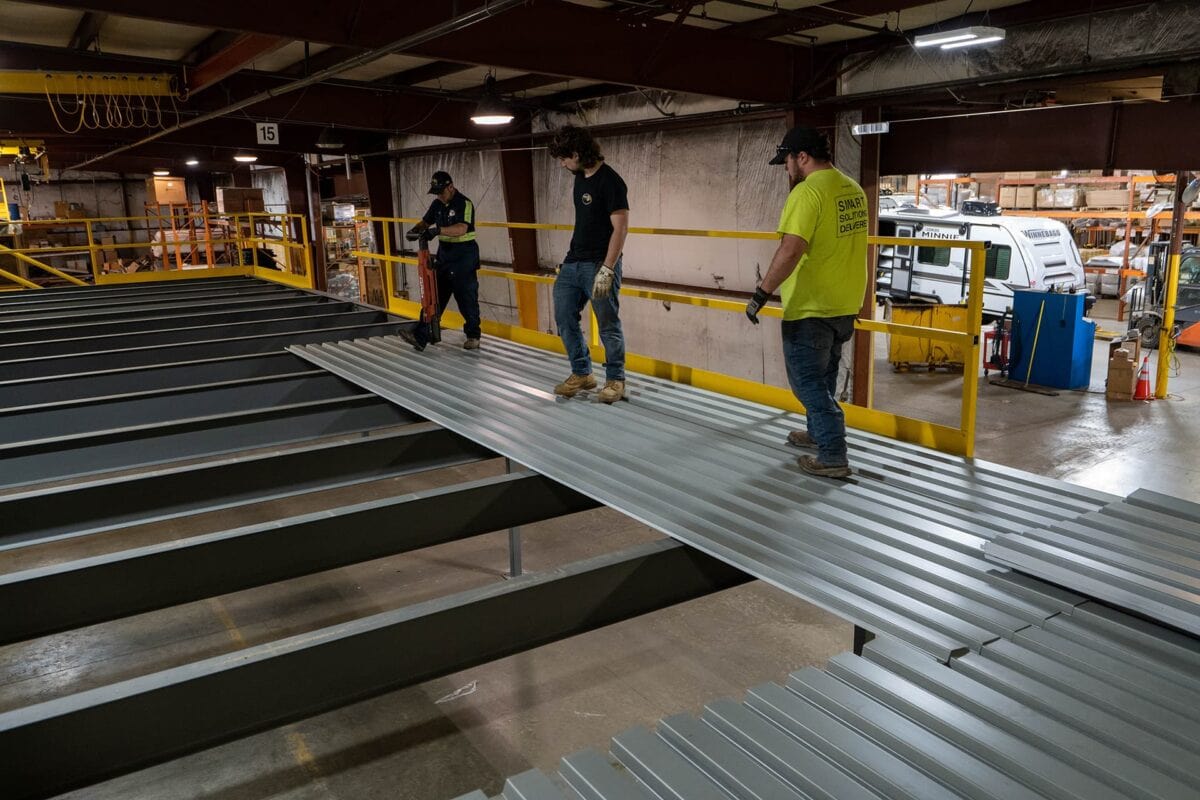Steel Tile Roll Forming Equipment for Efficient Roof and Wall Solutions
Understanding Steel Tile Roll Forming Machines
The construction industry is experiencing rapid evolution, primarily due to technology's integration into various processes. One such technology that has transformed how building materials are manufactured is the steel tile roll forming machine. This innovative equipment is crucial for producing high-quality steel tiles, widely used in roofing and siding applications due to their durability, aesthetics, and cost-effectiveness.
A steel tile roll forming machine operates on a simple yet efficient principle. It takes flat steel sheets or coils and processes them through a series of rollers, gradually shaping and forming the material into the desired profile of steel tiles. This rolling process allows for continuous production, minimizing waste and maximizing efficiency. The machine can produce a variety of tile shapes and sizes, depending on the requirements of a specific project.
One of the primary advantages of using a steel tile roll forming machine is the uniformity and precision it offers. Unlike traditional methods of tile production that may involve manual labor and inconsistent results, roll forming machines ensure that each tile produced meets exact specifications. This consistency is vital in construction, where safety and quality are paramount. Additionally, these machines are designed to handle large volumes of production, making them ideal for contractors and manufacturers who need to meet high demands without sacrificing quality.
steel tile roll forming machine

Moreover, steel tiles formed through this process exhibit excellent durability and resistance to harsh weather conditions. Steel is inherently strong and resistant to corrosion, making it an ideal material for roofing. Steel tiles can withstand heavy rainfall, high winds, and even snow loads, ensuring that buildings remain protected over time. Many manufacturers of steel tiles also offer coatings and finishes that further enhance these properties, providing not only functionality but also aesthetic appeal.
The versatility of steel tile roll forming machines is another noteworthy aspect. These machines can be customized to produce various tile profiles, including traditional Spanish tiles, modern sleek styles, and even simulated slate or wood finishes. This capability allows builders and architects to achieve the desired look for their projects while benefiting from the inherent strengths of steel. Furthermore, the machines' flexibility can accommodate different thicknesses and types of steel, enabling manufacturers to cater to diverse market needs.
In terms of investment, purchasing a steel tile roll forming machine can be seen as a strategic move for construction firms. Although the initial capital outlay may be significant, the long-term benefits far outweigh the costs. The reduction in production time and labor costs, combined with the ability to create a high-quality product, leads to a reliable return on investment. Additionally, as the demand for sustainable and durable building materials continues to rise, businesses equipped with such advanced machinery are well-positioned to capitalize on this trend.
In conclusion, steel tile roll forming machines represent a significant advancement in the manufacturing of building materials. They combine efficiency, precision, and versatility, allowing construction professionals to meet the evolving demands of the industry. As technology continues to advance, these machines will likely become even more integral to building practices, paving the way for innovative designs and sustainable construction solutions. For anyone in the construction or manufacturing sectors, investing in a steel tile roll forming machine could be a game-changer, as it aligns with the industry's future directions toward quality and efficiency.
-
Roof Panel Machines: Buying Guide, Types, and PricingNewsJul.04, 2025
-
Purlin Machines: Types, Features, and Pricing GuideNewsJul.04, 2025
-
Metal Embossing Machines: Types, Applications, and Buying GuideNewsJul.04, 2025
-
Gutter Machines: Features, Types, and Cost BreakdownNewsJul.04, 2025
-
Cut to Length Line: Overview, Equipment, and Buying GuideNewsJul.04, 2025
-
Auto Stacker: Features, Applications, and Cost BreakdownNewsJul.04, 2025
-
Top Drywall Profile Machine Models for SaleNewsJun.05, 2025








